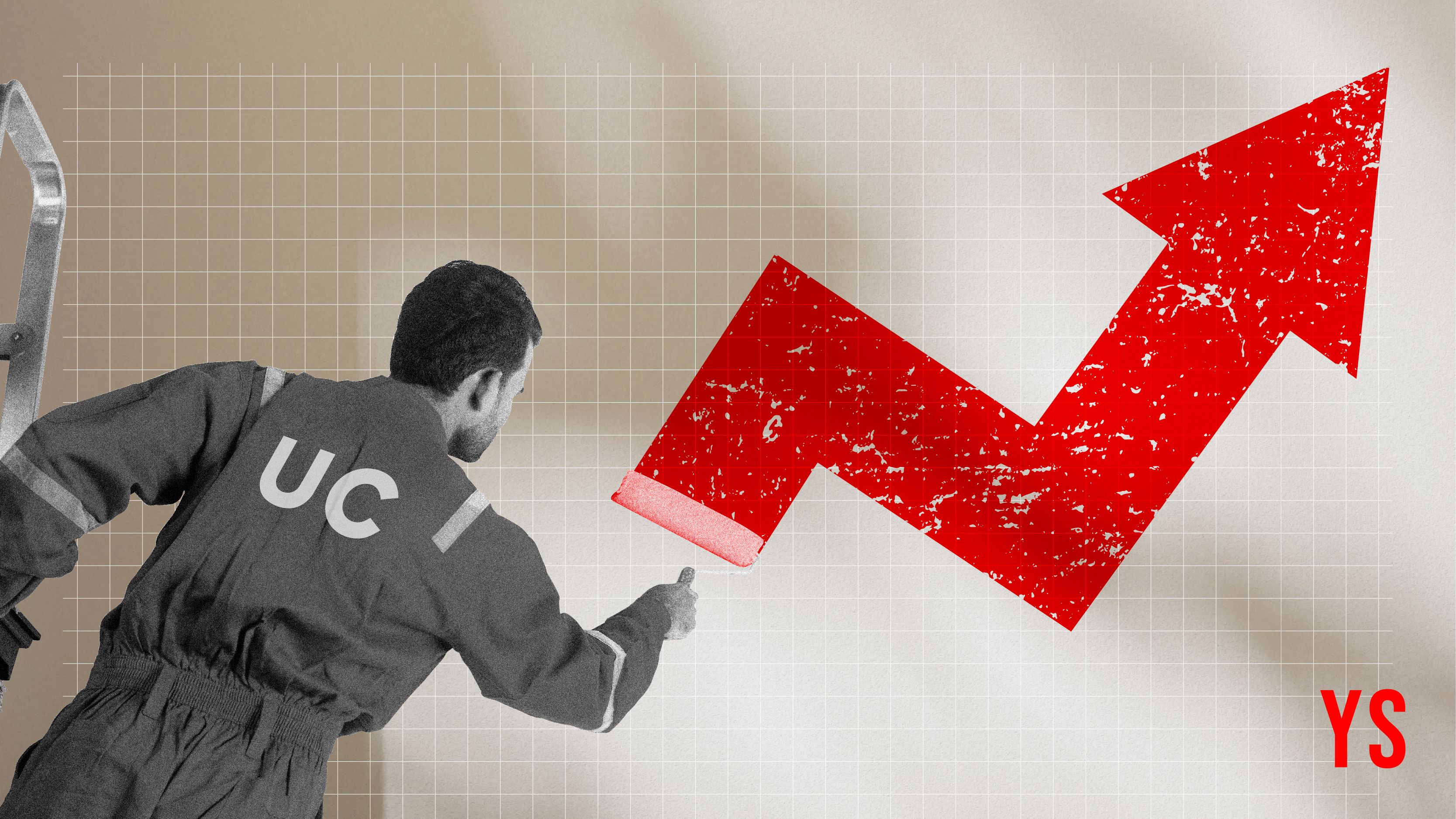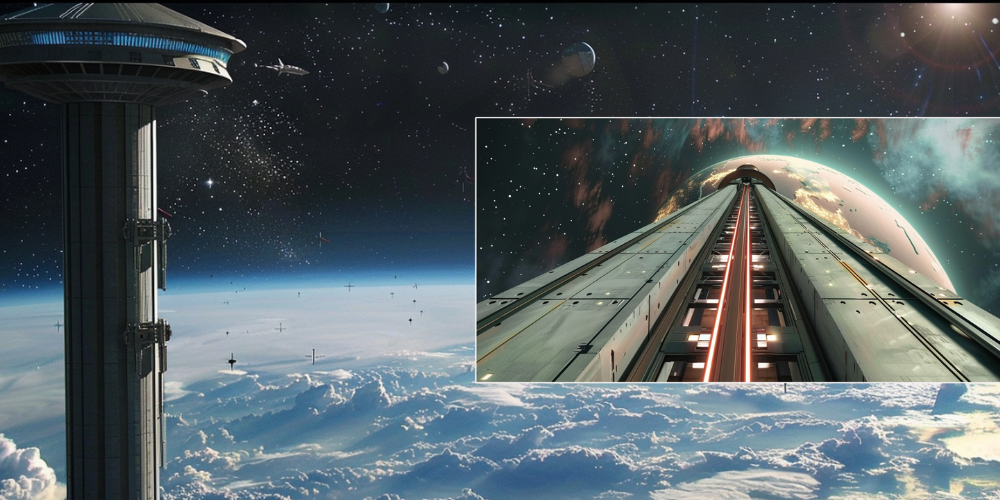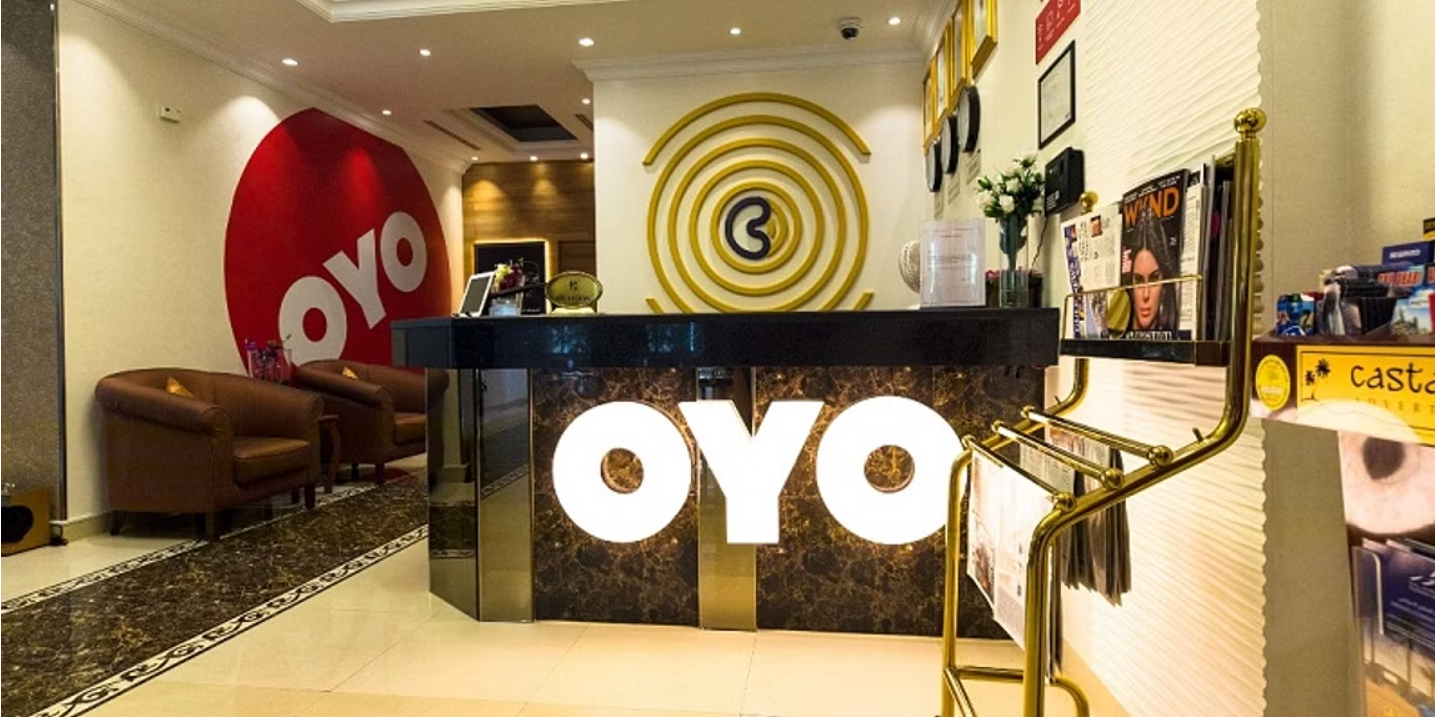The role of B2B EV cabs in creating cleaner, smarter cities
According to McKinsey, the Indian car market is poised to reach a staggering 5.7 million units, underscoring the urgency for sustainable transportation solutions in a rapidly urbanising landscape.
In an era marked by fast urbanisation resulting in escalating environmental concerns, the transportation sector emerges as a critical link of both challenge and opportunity.
Against this backdrop, business-to-business (B2B) electric vehicle (EV) cab services are bringing a new era in urban mobility, offering a beacon of hope for creating cleaner, smarter cities.
According to McKinsey, the Indian car market is poised to reach a staggering 5.7 million units, underscoring the urgency for sustainable transportation solutions in a rapidly urbanising landscape.
However, the harsh reality of urban pollution looms large, with cities like Delhi, Faridabad, and Begusarai categorised among the top polluted cities in India by the Central Pollution Control Board (CPCB).
Additionally, India garnered the uncertain distinction of being declared the third-most polluted country in 2023, trailing behind Bangladesh and Pakistan, as reported by the Swiss air quality monitoring body, IQAir.
Shockingly, 42 Indian cities found their place in the top 50 most polluted cities globally, painting a stark picture of the environmental challenges faced by the nation.
Amid this backdrop of environmental deathtrap and urban congestion, B2B EV cab services emerge as one transformative step—offering a transportation mode and a pathway towards sustainable urban development.
These services hold the potential to revolutionise the way people move within cities by leveraging advanced technology and innovative business models, steering us towards a future where clean, efficient transportation is not just a luxury but a necessity for well-being.
Reduction in carbon emissions
Transitioning to electric-powered transportation significantly reduces carbon emissions—a major contributor to air pollution and climate change.
Studies by The Energy and Resources Institute (TERI) and the Automotive Research Association of India (ARAI) revealed that vehicles account for over 40% of city air pollution.
With millions of cabs in operation, the cumulative pollution impact is substantial. B2B EV cab services play a vital role in addressing this issue by replacing traditional ICE vehicles with clean, electric alternatives.
Companies can significantly lower their carbon footprint by adopting EVs for corporate fleets and business travel, aiding efforts to combat climate change and improve air quality.
Fostering technological innovation
Further, the widespread adoption of B2B EV cab services fosters technological innovation and drives advancements in EV technology, charging infrastructure, and smart mobility solutions.
With a growing demand for EVs, manufacturers are investing in research and development to improve battery technology, increase driving range, and enhance charging capabilities.
Additionally, the integration of smart mobility platforms and data-driven solutions enables more efficient route planning, optimised fleet management, and enhanced passenger experience.
This way, B2B EV cab services pave the way for a more sustainable and technologically advanced transportation ecosystem in urban areas.
Empowering urban communities
B2B EV cab services empower urban communities by providing accessible, affordable, and sustainable transportation options for residents and businesses.
These services improve mobility and connectivity within cities by offering convenient and reliable transportation services and facilitating access to employment, education, healthcare, and recreational opportunities.
Additionally, the adoption of electric-powered transportation supports local economies by creating job opportunities in EV manufacturing, charging infrastructure installation, and maintenance services industries.
B2B EV cab services play a vital role in fostering inclusive and equitable urban development by empowering urban communities with sustainable transportation solutions.
In conclusion, B2B EV cab services pave the way for a future where efficient and environmentally friendly transportation is the norm by integrating advanced technology and innovative business models, driving positive urban transformation.
Abhinav Kalia is the Co-founder and CEO of ARC Electric.
Edited by Suman Singh
(Disclaimer: The views and opinions expressed in this article are those of the author and do not necessarily reflect the views of YourStory.)













